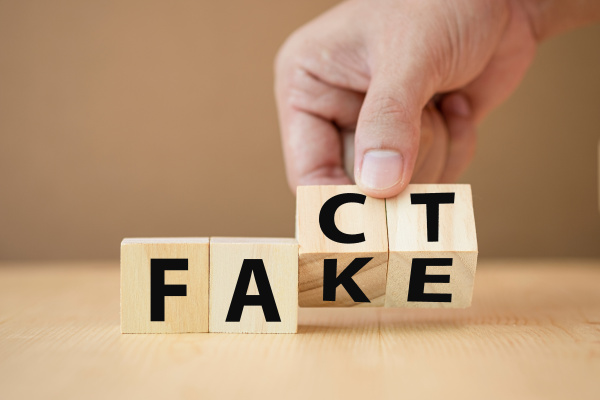Teaching critical thinking through digital media literacyAnnotation The recent historical effects in Europe and the world have resulted in an immense increase in the amount of news targeting a variety of audience. Since the existence of mass media, checking the validity of sources and manipulating the public opinion has been in the centre of attention. However, in the 21st century, the critical understanding and evaluation of online multimedia content has become a basic literacy skill. In this workshop we will analyse different types of fake news across platforms (the language of written journalism, viral news on social media, manipulation with images and videos, deep fake technology, Artificial Intelligence). The aim of the workshop is to help participants recognize the different types of fake news and to present methods of how educators can help the younger generation understand the challenges of manipulation. During the workshop we will try to answer the following questions: - What is the definition of fake news? - How to differentiate the types of fake news? - What are the linguistic characteristics of fake news? - How can we educate ourselves and our students about fake news? The course is designed for those with English language proficiency at B2 level or above. Content: 1. Defining and categorizing fake news (key concepts: disinformation, misinformation, clickability, propaganda, satire) 2. Multimodality of fake news and their technological development 3. The language of fake news 4. Practical aspects of recognizing fake news. 5. Practice tasks: fact checking, assessing sources, and visual content. Break 1. Group discussion on task outcomes. 2. Practical aspects of educating about fake news. 3. Compilation of tasks for different age groups the participants wish to target. 4. Create an action plan for your institution on educating learners about fake news. Lecturer: Nora Tartsay Nemeth is a teacher and teacher trainer at Eötvös Lorand University, Budapest. She teaches applied linguistics, and her main research focus is Digital Literacies. She also holds a degree in Media studies and worked as a reporter at the International Department of the Hungarian Radio. She has been a trainer at several events focusing on digital media literacy. When? Tue 21.03.2023 (14:30-17:30) Where? online (link will be provided via email) Registration HERE Participation in the program is free of charge. Bibliography: 1. Journalism, fake news & disinformation. UNESCO Handbook. https://unesdoc.unesco.org/ark:/48223/pf0000265552 2. The digital literacy series: Fake news. https://www.clickvieweducation.com/free-teaching-resources/fake-news/
|
|

|
|
Komentáře a dotazy zasílejte z kontaktního formuláře,
Poslední aktualizace :
25.02 2026 17:41
, © Univerzita Karlova v Praze


 ve formátu PDF
ve formátu PDF